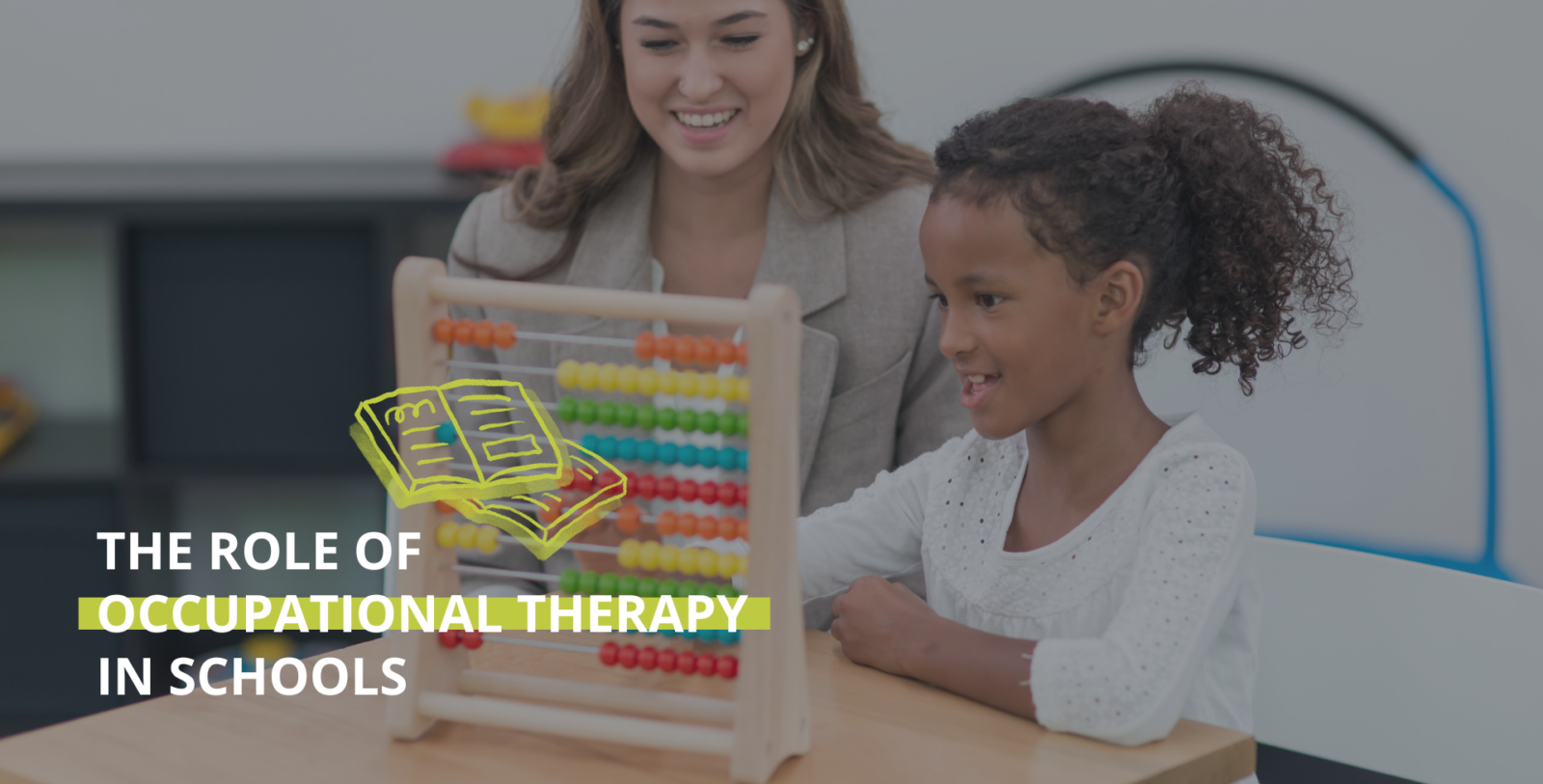The Role of Occupational Therapy in Schools

A new school year is underway, your child(ren) are beginning to settle into their new routine, classroom, teacher, friends, and while all of these components to school are important, your child(ren)’s ability to learn is at the top.
In May 2002, there were approximately 16,950 Occupational Therapists (OT) working in K-12 schools in the United States, versus only 10 OTs in Jamaica. In a school setting, Occupational Therapy plays an important role in helping to enhance a child’s ability to learn and thrive in their educational environment.
What is the Role of Occupational Therapy in School?
Occupational therapists provide additional service and support to students and personnel. Some of the main responsibilities of OTs in schools include:
- Services for struggling learners in general education
- Services for individual students in special education
- Training and resources for school personnel and families
- Participating on collaborative teams
- Partnering with districts
It is the role of an occupational therapist to focus on assisting and guiding children of all ages and abilities to be successful at school. An occupational therapist will coordinate with teachers and parents to better help the child succeed with everyday activities.
What skills can an OT help a child improve?
Occupational therapists can help teach children how to overcome a wide variety of challenges while at school, ranging from carrying their lunch tray, to helping them have the tools to increase their attention in class. Most importantly, OTs work to make children as successful in school as possible.
Through processes of measuring outcomes, OTs can track a student’s improvement in order to build a child’s autonomy, confidence, and increase independence. Some examples of specific skills OTs help with in school include:
- Fine Motor Function: working with the student to strengthen and develop fine motor functions. Examples of fine motor functions include: holding a pencil correctly, cutting with scissors, typing on the computer, etc.
- Organizational Skills: helping a student with the skills to get assignments done on time through executive functioning skill building.
- Self-Care Skills: increasing independence of appropriate self-care skills, such as using the bathroom, getting dressed, eating independently at lunch, and so on.
- Social Participation: building tools for a child to engage in activities and roles on a community, family, or peer/friend level.
How to know if your child would benefit from occupational therapy at school?
If you see behaviors or characteristics in daily life and/or at school that your child is struggling with, bring it up with your child’s doctor. Your child’s doctor can refer you to an occupational therapist for techniques and strategies to help them thrive academically and in overall daily life.
It is important to note, that many children exhibiting challenges in daily or school tasks may or may not require OT intervention, consulting with your pediatrician is an important first step.
Occupational Therapy is Important for Academic Success
Access to occupational therapy can be a game changer for kids to learn and thrive in their educational environment, yet many children in Jamaica do not have access to therapy and support.
At Smile A While Foundation, we believe every child with special needs in the Caribbean can have a bright future when given the support they need. That is why we are working hard to provide therapy services to neurodiverse children in areas where access to such support is not widely available.
Support a Successful Education for Special Needs Children
By giving a donation to Smile A While Foundation, you are directly sponsoring therapy care for special needs children in Jamaica where access to OTs is not currently available. A $30 donation provides an hour session for one child with an OT.
Fund occupational therapy for a special needs child at: https://smileawhilefoundation.org/donate/

